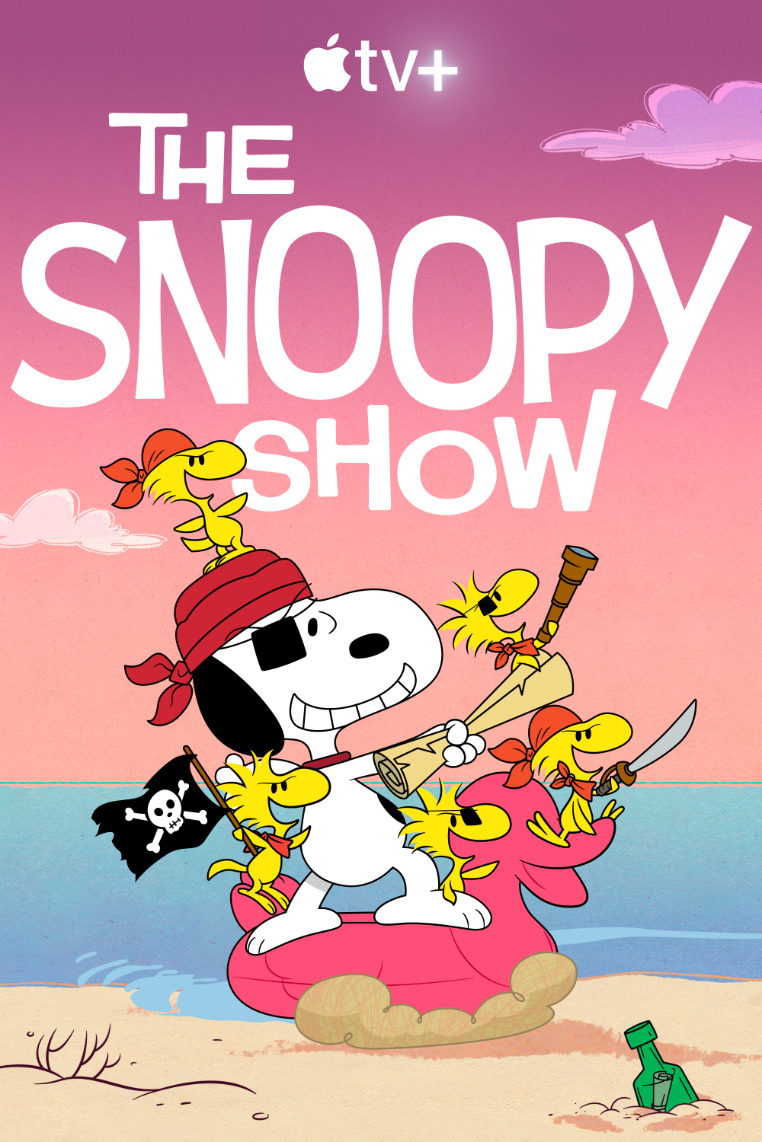
Media Literacy and Discernment: How Do We Protect Children in the Digital Age?
By Movieguide® Staff
Major Social Media companies like Twitter, Facebook, and TikTok continue to raise red flags for concerned parents, teachers, and now even state legislators, who claim that the platforms jeopardize the safety and health of children.
TikTok, which skyrocketed to over 1 billion users worldwide over the pandemic and on, faces various lawsuits over harmful business practices that have resulted in the abuse and death of children.
Other apps like Snapchat, Facebook, and Twitter have faced lawsuits and backlash for drug-related crimes having free reign on their app and monetizing sexual content—each making the “Dirty Dozen List” put together by the National Center of Sexual Exploitation.
Read More: Meta, Netflix, OnlyFans Named on NCOSE Annual “Dirty Dozen List” for 2022
As minors flock to social media, many looking for a way to stay connected with friends, they find themselves in a world of crime.
So far, concerned parents, teachers, and legislators’ knee-jerk reaction to new media platforms is guilty until proven innocent.
According to an article published by The Washington Post, an effort to protect children is now widespread and applauded by news outlets. But often, media, school boards, and parents will quickly condemn social media platforms without applying media literacy.
The latest example is the trending app, Gas, created by Nikita Bier, which allows its users to compliment their friends anonymously.
The Washington Post reported that the app became an overnight success, hitting No. 1 on the app store.
“It was crazy, it was like a light switch, it was so fast. I’d never heard of [Gas] one day, then literally everyone I knew had it and was posting about it,” Daniel Self, a high school senior in Alabama told The Washington Post.
However, Gas and its owner faced ridicule as rumors began to spread that predators were using the app to sex traffic children.
The Washington Post reported:
Gas has never been linked to any form of human trafficking, and the app’s very structure makes it impossible, experts say. The app has limited features, doesn’t track users’ locations and can’t be used to message someone. It’s a basic polling platform that allows users to vote anonymously on preset compliments to send to mutual connections.
But the rumor remains pervasive, plaguing the fledgling start-up and its founding team and worrying users and their parents alike.
Bier said that as the app’s popularity grew, so did falsified information about the app’s dangers to minors.
“We started getting flooded on the app store with bad reviews,” Bier told the Washington Post.
Bier said that even if the Gas team disproved the false reports about their app, it became a full-time job to keep up with the negative comments.
“One user said, ‘I have a Glock and I’ll come into your house and kill all of you,’” Bier recalled. “The messages are very detailed and they’ll send like 150 of these messages because they’re so angry. We have had emails saying, ‘what you’re doing is disgusting and I’ve reported you to the FBI.’ We get countless messages every day from users about it.”
However, not all are against the app and recognize that throwing out the good with the bad is not the answer.
Human trafficking survivor Eliza Bleu wrote several posts on Twitter to defend Bier and Gas.
“Gas app is not involved in trafficking humans,” one post read.
Whitney Phillips, an assistant professor of digital platforms and ethics at the University of Oregon, chimed in, noting that Gas and Bier are fighting an uphill battle.
“The broad based narrative of children in danger is really pervasive culturally right now,” she said. “To understand why this particular app is being targeted you have to understand that the most present and visible narrative is that nefarious groups are doing terrible things to children. It becomes an easy way to direct attacks against any individual or organization.”
“The whole idea that there’s this nefarious ring of groomers and sex traffickers is a viral idea in the zeitgeist,” Emily Dreyfuss, the co-author of Meme Wars: The Untold Story of the Online Battles Upending Democracy in America, added. “Everyone is really nervous about what’s going on with their kids, what they’re up to and what they’re exposed to. Then comes this app that’s viral only among youngsters, and parents and teachers don’t understand it at all. It’s the perfect conditions to create a moral panic.”
However, with Meta, Twitter, Netflix, and other apps increasing lack of accountability, where should Children’s protectors draw a moral boundary?
According to Self, 17, it starts with media literacy.
“I think it should be something that’s more encouraged if not outright taught in school, media literacy,” Self told the Washington Post. “A lot of [people] don’t know how to learn things and how to distinguish rumors from fact.”
Movieguide®’s founder and CEO Dr. Ted Baehr, writes on media literacy and discernment in his books, “The Media-Wise Family” and “The Culture-Wise Family.”
As with movies, Dr. Baehr believes that teaching children to think critically about the content they consume is a better long-term plan than sheltering them from every movie, TV show, and social media app to come out.
How can we celebrate the good, the true, and the beautiful while avoiding immorality?
Primarily, it takes diligent, God-centered application of God’s word by parents; and it starts in the home.
Proverbs 22:6 ESV – “Train up a child in the way he should go; even when he is old he will not depart from it.”
A portion of Dr. Baehr’s “The Culture Wise Family” reads:
Media literacy involves training the student to access, analyze, interpret, and create media messages.
Access means that the student not only has access to media delivery devices, such as a TV, computer, or VCR, but also understands how to them on, operate them and use them to deliver messages. A student can’t “access” a VCR if he doesn’t know how to plug in the various wires, insert a tape, record, and playback.
Analyzing means that the student comprehends the storyline or meaning of a program and understands how it may have been put together. Understanding a media program requires some comprehension of the way it was made.
Interpretation means that the student understands both the story and the agenda, which may be part of the underlying message. If the program is produced by a celebrity with an agenda, such as Oliver Stone, or sponsored by an advocacy group, such as the World Wildlife Fund, one can assume the producer or sponsor will use the program to promote their views. Some television networks have designed their programs to appeal to the world of singles who live together and who accept divorce and homosexuality. By doing so, they often stretch the bounds of acceptable programming.
Creating media messages helps the student understand what to look for in the media. When teenagers produce a creative short video, the script, actors, sets, shots, sounds, and scenery become important decisions. When I helped disenfranchised adolescents in New York City in 1978 and 1979 create media messages based on Jesus’s parables, many of these teenagers accepted Jesus Christ as their Lord and Savior and many became actively involved in their local church.
Questions or comments? Please write to us here.


 - Content:
- Content: 

